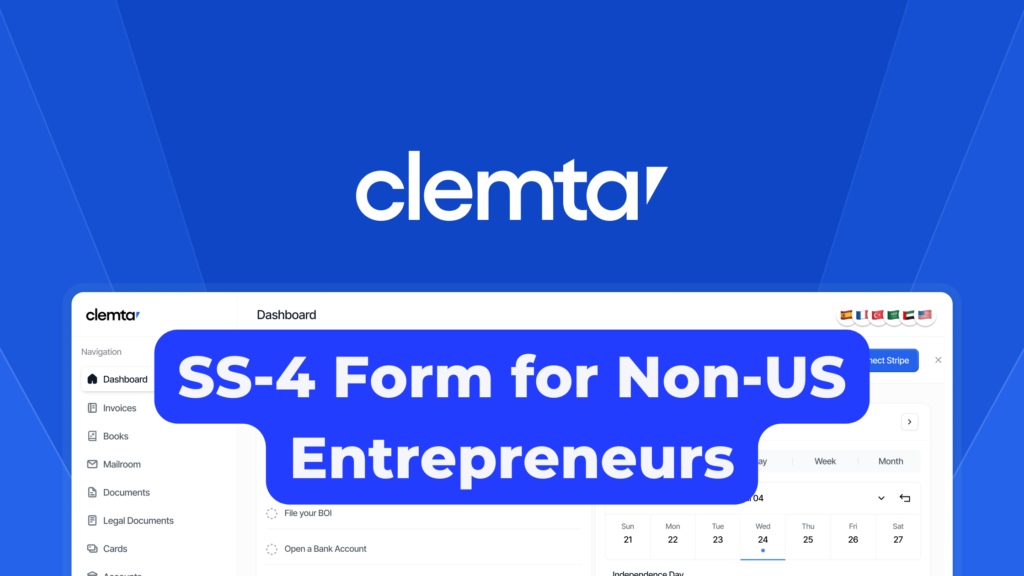Section 83(b) Election is a provision under the Internal Revenue Service (IRS) that gives an employee, or founder, the option to pay taxes on the total fair market value of the restricted stock at the time of granting. Section 83(b) provides a tax benefit to shareholders of companies and startups which they have low share value, if form Section 83(b) is completed.
What is Section 83(b) Election?
Section 83(b) is a provision offered by the Internal Revenue Service (IRS) that allows employees or founders to elect to pay taxes on the total fair market value of restricted stock at the time it is granted, rather than at the time it vests. This can be particularly advantageous for shareholders of startups or companies with a low share value, as filing the Section 83(b) can provide significant tax benefits if the form is completed in a timely manner.
Benefits of Filing a Section 83(b) Election
Filing a Section 83(b) election can offer several benefits:
- Tax Savings: By electing to pay taxes at the time of the grant rather than at vesting, you may be subject to a lower tax rate, thus minimizing the overall tax liability.
- Appreciation Taxed at Capital Gains Rate: Any future appreciation in the value of the stock is subject to favorable long-term capital gains tax rates once the stock is fully vested and held for more than a year.
- Avoiding Double Taxation: Without filing, you might pay taxes twice – once at vesting and again upon sale of the stock.
How to Fill Out a Section 83(b) Election Form
- Visit Clemta.com and Sign Up: To start, sign up on Clemta.com where you can access resources and support for filling out the form.
- For Companies: If you already have a company, use the platform to fill out the 83(b) form completely and accurately.
- Starting a New Company: If you don’t have a company yet, Clemta offers services to establish a company within minutes. Once your company is set up, you can proceed with filing the election.
Consequences of Not Filing a Section 83(b) Election
Failing to file a Section 83(b) election within 30 days of the stock grant can have considerable tax implications:
- Higher Tax Liability: You may face a higher tax burden when the stock vests, as you would need to pay ordinary income tax on the difference between the fair market value at vesting and the purchase price, which can be substantial if the stock appreciates significantly.
- Potential for Double Taxation: There is a risk of being taxed twice on the value of the shares – once when they vest and again upon sale.
Final Thoughts
The Section 83(b) election is a strategic tax planning tool that can offer significant benefits but requires careful consideration and timely action. By visiting Clemta.com, you can find more resources and support to navigate this process. Whether you’re setting up a new company or managing an existing one, taking the right steps early can save you considerable amounts of money and hassle down the line.
For more detailed guidance and assistance with the Section 83(b) election process, visit Clemta.com and explore our full range of services to help you on your entrepreneurial journey.








